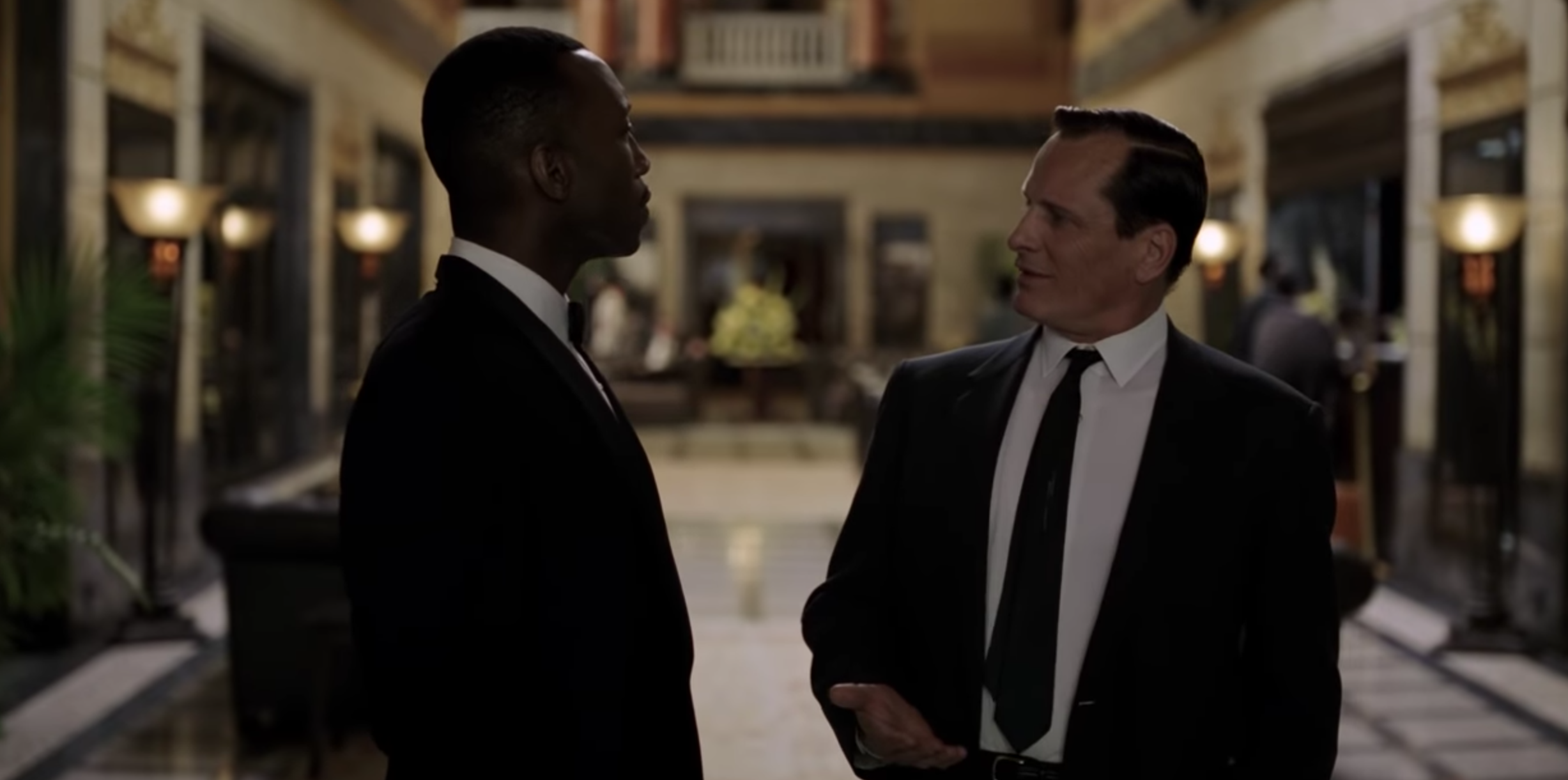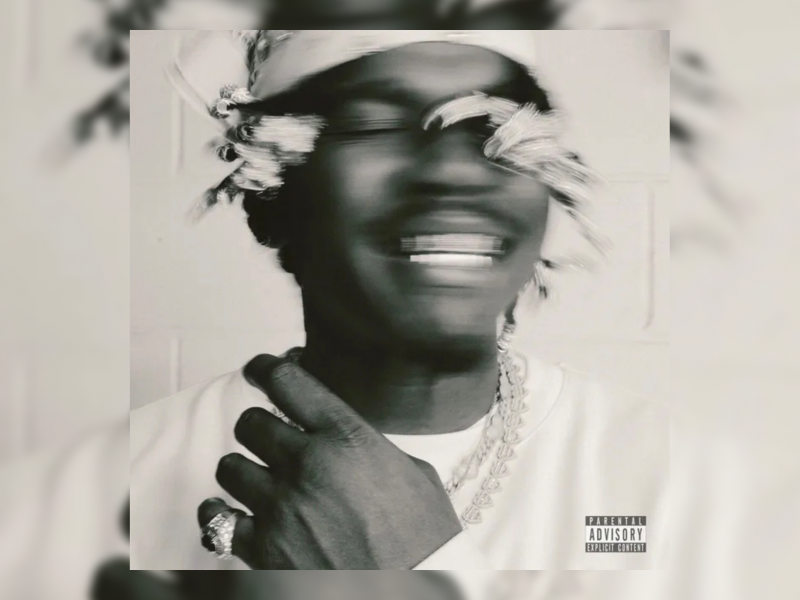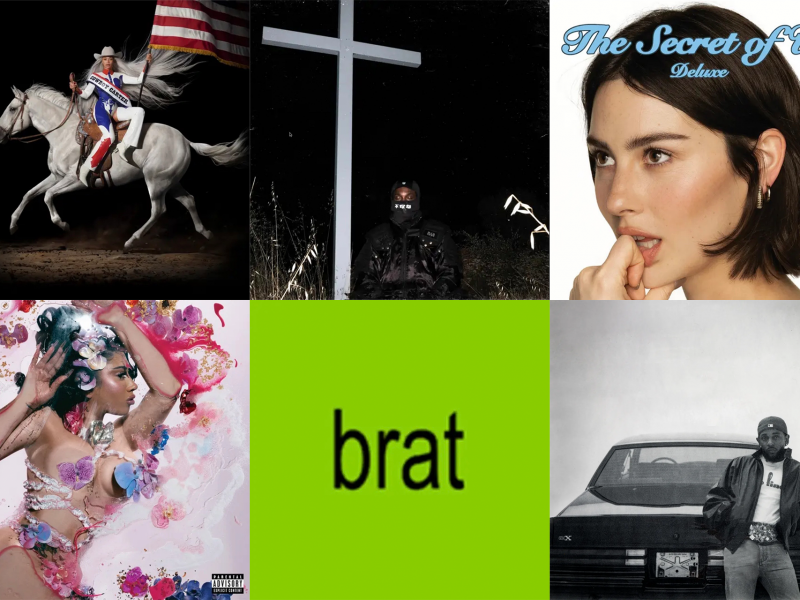881 7th Avenue: the address of New York’s Carnegie Hall. It’s otherworldly for Tony “Lip” Vallelonga (Viggo Mortensen), the blue-collar, loud-talking, face-busting Italian-American protagonist of Peter Farrelly’s dramedy Green Book.
There’s nothing particularly compelling about Tony, who got the nickname Lip for being “the best bullshitter” in the Bronx. We find out early on that he’s racist (his wife offers the black maintenance men in their apartment lemonade, and he throws the empty glasses away when his wife isn’t looking).
Now, he’s at Carnegie for a job interview as a chauffeur with Dr. Donald Shirley (Mahershala Ali), a classically trained black pianist going on tour in the Deep South.
Ali immediately envelops the screen with the sleekness seen in many of his characters over the years: Remy in House of Cards, Cottonmouth in Luke Cage and even Juan in Moonlight. The doc sits on a throne, wears suits everywhere and has a pristine vocabulary.
Green Book’s power play is the remarkable contrast established between the two. It’s a tug of war, one forced to face the other’s lifestyle and experiences. The tugs, though, are small ones.
Tony’s perception of race seems to be relatively simple. He can easily brush off conflict and microaggression because he only understands grand gestures of racism, such as violence, and when he is called the n-word in Georgia for being Italian.
The film quickly deviates from Tony’s own indiscretion and re-brands him as the likable ally whose prejudice has been cured by his black friend. It is up to Shirley to hold Tony accountable for his racism, noting that he has a very “narrow assessment” of him, and reminds him that how he’s perceived in the South isn’t much different from that of Tony and his friends in New York.
At some point, Tony even insists that he’s “blacker” than Shirley because he listens to Little Richard and enjoys Kentucky Fried Chicken, while Shirley has never done either.
And here is where the chord is struck. Behind all his dignity and immense talent, the doctor is deeply troubled and unravels at night, his struggles with his identity, and subsequently, alcohol, at the forefront. “If I’m not black enough and I’m not white enough and I’m not man enough, then tell me Tony, what the hell am I?” he shouts in response. He is the much more interesting and layered character, but the film’s emphasis seems to be on unpacking Tony’s characteristics, rather than Shirley’s.
Green Book is still fun to watch. The relationship is comical and in many ways paternal — Shirley often reprimands Tony not to steal or curse or litter. He starts ghostwriting Tony’s previously bland letters home to his wife Dolores (Linda Cardellini): “When I think of you, I’m reminded of the beautiful plains of Iowa,” the first one begins. Dolores cries.
It’s a feel-good movie despite its not-so-good circumstances of the Jim Crow South. Dr. Shirley has found someone who pushes him to be better. His own evolution into someone more daring and more firm in his beliefs is largely due to Tony, evident when Shirley performs at a black-only restaurant, The Orange Bird.
The initially hesitant black audience roars after he finishes his classical piece. His confidence renewed, he plays some blues for the first time. He looks at Tony, who shoots him a thumbs-up and for the first time in the film, Ali flashes his kilowatt smile he is so loved for.



